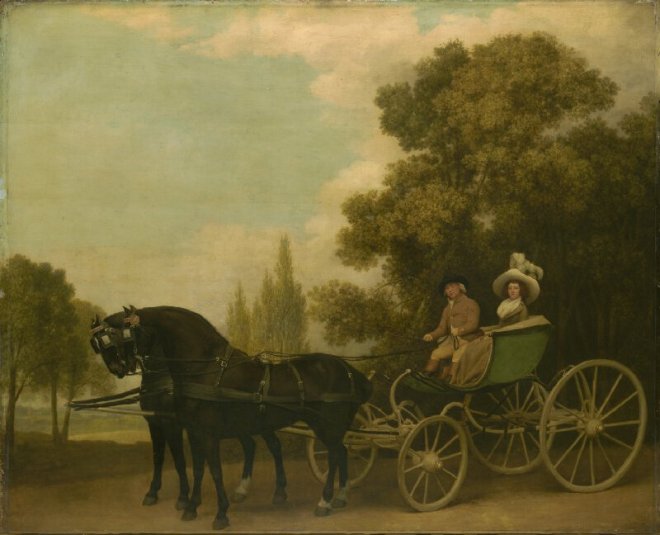 I tend to write books with a sizable cast, though my short stories focus in on the two main characters. Even in those, though, the secondary characters are important to the story, and have their own histories and characteristics. Only the background characters are shadowy, there simply to carry a tray into the drawing room or hold a horse or run a message.
I tend to write books with a sizable cast, though my short stories focus in on the two main characters. Even in those, though, the secondary characters are important to the story, and have their own histories and characteristics. Only the background characters are shadowy, there simply to carry a tray into the drawing room or hold a horse or run a message.
Today, I’m sharing a piece that focuses on a secondary character from The Realm of Silence. I’d love to see a secondary character from your WIP, in the comments. In my excerpt, the heroine’s daughter and her best friend share their doubts about their music mistress, and their pleasure in a new dress.
180 miles north, in Newcastle
“No dawdling,” Mam’selle commanded, setting a rapid pace through the busy market. For the first time on their travels, they had stopped for the day in the mid-afternoon, and Mam’selle had taken full advantage of several used-clothing vendors, determined to redress her two unwelcome companions.
“Which is further evidence that she is up to no good, Amy,” Pat insisted as they hung back as much as they dared. “She thinks we are being followed and wants to disguise us.” They had been sharing a coach with Mam’selle during the day, and a bedchamber at night, limiting their opportunities for conversation.
“I’m sure you’re right, but I will be pleased to have something other than school uniform to wear.” Amy shot a glance at her friend. Pat made a pretty boy: tall, even lanky in schoolboy pantaloons, and the hair left after she’d sacrificed her heavy mop for the mission had sprung into a thousand curls. “Don’t you want to wear a dress again?”
Mam’selle had reached the inn where she’d taken a bedchamber, and was waiting for them on the step.
Pat was shaking her head. “Not really. You have no idea how much easier it is to walk, and people treat you differently, as if you have at least half a brain. I may still be a child, but I’m a boy child, or so they think. I am to be encouraged, not stuffed into a box and tamped down, with all the bits that don’t fit to be worried at till they drop off.”
They had caught up with Mam’selle. “Come.” She led the way up the stairs from the main hall and along the labyrinth of halls and passages to the little room they’d been assigned. She spoke to a maid they passed on the way, and not long after they’d spread their purchases out on the shared bed that took up most of the room, hot water arrived.
Mam’selle clapped her hands. “First, we shall turn Master Pat into Miss Patrice again, n’est ce pas?”
Mam’selle had an eye, no doubt about it. The lilac figured-cotton dress was of a grown-up length, with only the tips of Pat’s sensible boots showing. With her lanky calves hidden, she suddenly looked willowy rather than coltish, the ribbon under her breasts hinting at a womanly shape that the straight lines of the school uniform had obscured. Mam’selle took to the butchered hair with scissors and several lengths of ribbon whose colour matched the flowers on the dress, and in a few moments the curls framed Pat’s face.
Amy loved Pat, but had always rather pitied her for her long face, square jaw, and decided nose. Suddenly, with the new hair style, all of these features fell into new proportions, and Pat looked almost pretty.
“There.” Mam’selle’s satisfied smile grew broader at Pat’s reaction when she looked at herself in the music teacher’s small hand mirror, then stood and twisted to try to take in her new finery.
“You look lovely, Pat,” Amy told her, looking forward to her own turn in Mam’selle’s magical hands.
The dress Mam’selle had chosen for her to wear today was a light green with narrow cream stripes. “It is a little long, Miss Amelia,” Mam’selle acknowledged, “but we three shall repair that fault, and meanwhile pins shall do for this evening, oui?” She deftly plaited and twisted Amy’s hair, pinning it high on her head and fastening it with some of Mam’selle’s own pins.
“So pretty,” Pat declared, and from what she could see in the mirror, Amy had to agree. “Thank you, Mam’selle.”
Mam’selle waved her away. “Now be seated, if you will, while I repair my own toilette. I have commanded a private parlour for le diner“.
“We could await you downstairs, Mam’selle,” Amy suggested, unsurprised when Mam’selle refused with uplifted brows and a sardonic curl of the lips. Amy and Pat had sought help York, insisting that they were being kidnapped by a French spy, but the officer they had approached had laughed, and taken them back to Mam’selle, sympathising with her for the imaginations of her charges.










